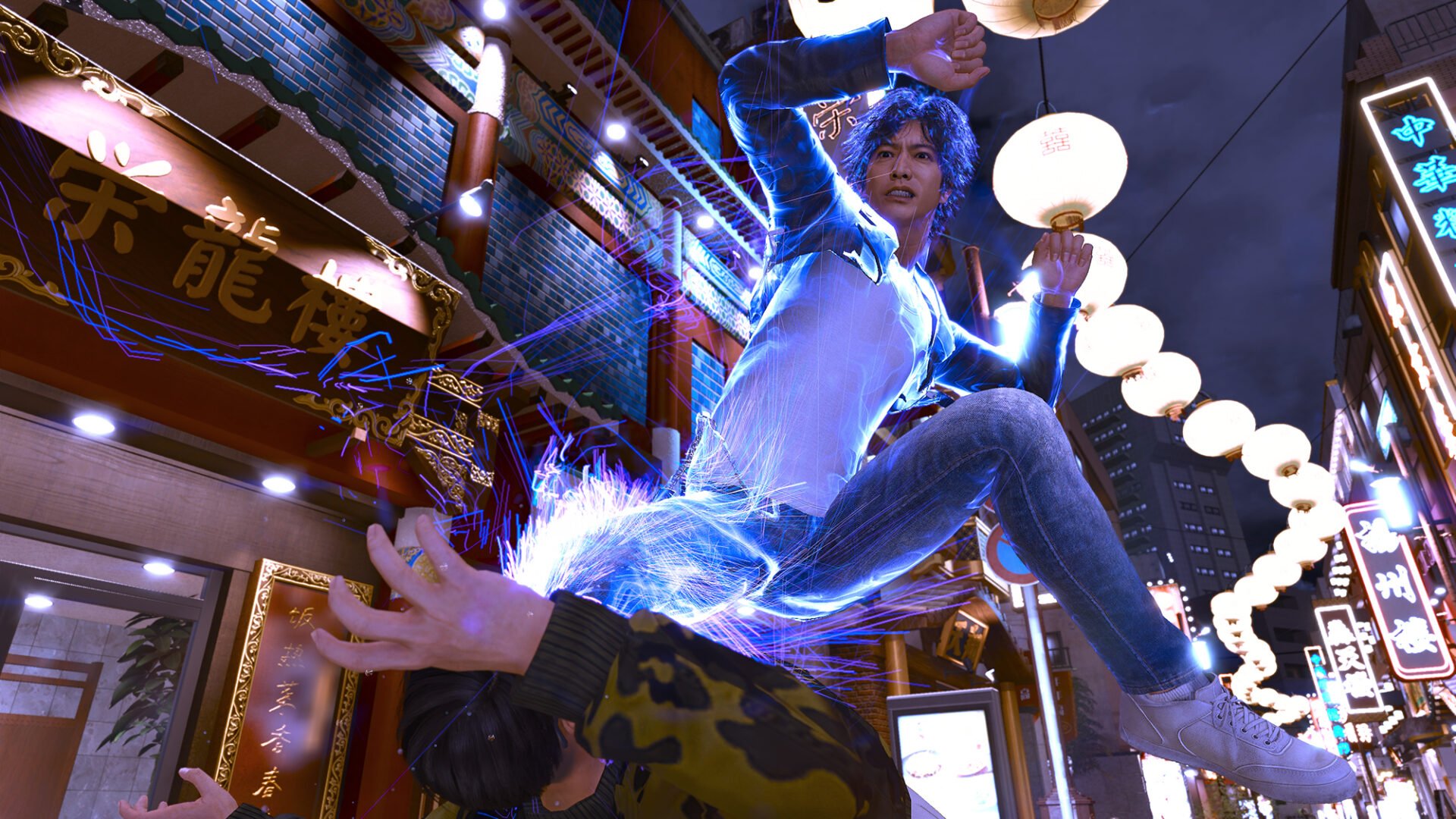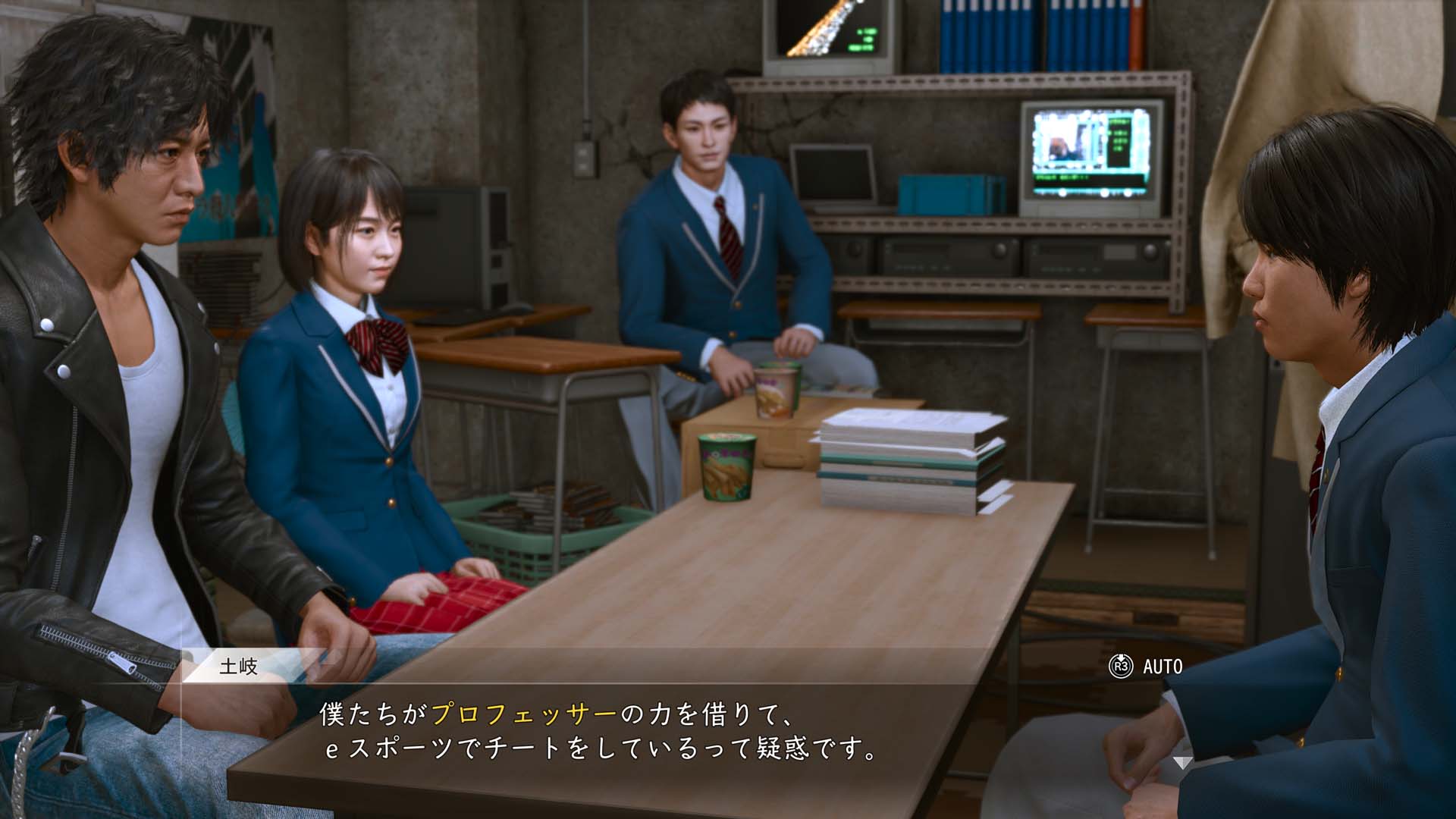

Frictional's games have always been brilliant vessels for environmental interactions. On top of that, it's one of the most wonderfully tactile games I've ever played. With the rather glaring exception of the voice acting – which isn't bad so much as out of kilter with the overall atmosphere of the game – SOMA is an almost perfect example of audio design. Indeed, the game sounds superb throughout, from those hideous cries of impending death to the creak and clatter of macinery. They sound horrible too, either seeming to interfere with the innards of your speakers with electric distortions, or screaming and rattling out what seems to be the last of their humanity. The various creatures that you'll encounter are awful things, their appearance vague and weird enough to alarm, and obscured by a glitching effect that intensifies as they approach. When SOMA fires on all cylinders, the results are quietly, sinisterly spectacular.

If it's fair to criticise the occasionally laboured form in which the story is served up – text and audio logs, repetitive conversations with weirdly enthusiastic and chipper voice acting – it'd be unfair not to mention the handful of extraordinary moments. There's far more to discover than even the extensive pre-release marketing campaign has revealed, including several relatively early surprises that would happily serve as the climax in a game that weren't quite this bold. The broad strokes of the plot are magnificent though. He's so desperate to milk the weird horror of his situation for some kind of philosophical insight that it seems like he's preparing to write a dissertation and desperately wringing every encounter for material rather than trying to survive. There's barely a quiet moment that SOMA doesn't try to fill with reflections on what is happening and when the lead character actually prompts conversations by saying things like, “Doesn't this whole situation make you think about what it really means to be human?” it's hard not to feel that those reflections are forced. That's not to say the writing is consistently bad – it's often great - but the delivery tested my patience.

#LOST JUDGMENT SOMA SERIES#
At its best, SOMA is an improvement on The Dark Descent in every way, a haunted house par excellence – at its worst, it's a series of conversations that you might have overheard in a student union bar right after The Matrix came out stitched on top of a game about running away from monsters. Most of the time I felt a disconnect between what I was doing and the apparent meaning of my actions. Thematically, it addresses questions related to Cartesian duality, consciousness and existence, and at its best it draws connections between those questions and the experience of hiding from scary creatures and fixing computer systems in an underwater facility. Initially, I thought SOMA would fall into that subgenre but the more I played, the more I realised Frictional's game is more interested in a form of philosophical horror. Psychological horror is a broad term, mostly used to denote a game or film that's more than blood and guts, and one which targets mental and emotional conflict, as well as archetypal doubts and fears, rather than simply threats of death or physical harm. Sometimes all it takes is a single uncanny image, sometimes it's a persuasively uncomfortable bit of psychological insight or trickery. My favourite horror games and films are the ones that scatter seeds in my mind, ready to sprout into nightmares while I'm sleeping, or to keep me looking over my shoulder as the lights go out on the world. By the final third, when the plot solidified into a palatable but unexceptional form, I was satisfied with the scares along the way and the thick dread that hung in the shadows of the prison section in particular, but there were no lingering tendrils of terror. Dark places, creepy noises, things that hunted in the dark. I've faced my fears and here's wot I think.Īmnesia: The Dark Descent was a ghost train, a haunted house. Now, with SOMA, the studio have switched from gothic castles to science fiction and they're taking us right to the bottom of the ocean. Five years ago, Frictional released Amnesia: The Dark Descent, a horror game that made us afraid of the water.


 0 kommentar(er)
0 kommentar(er)
